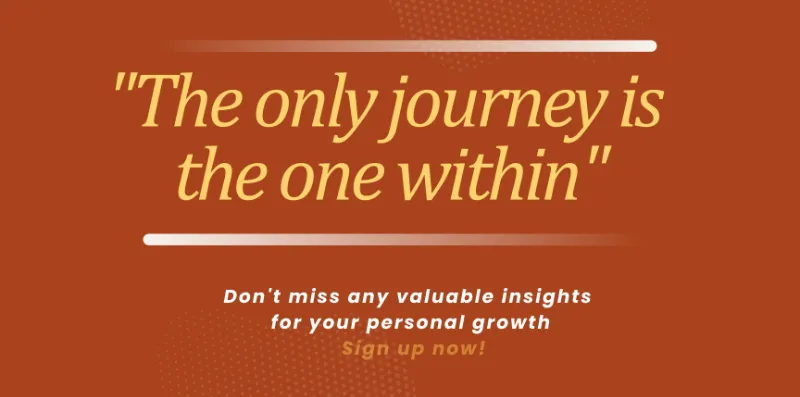Building Strong Professional Relationships through Emotional Intelligence: A Guide for Over-Givers

Imagine: you're a passionate professional and entrepreneur like John. Diligently striving to uphold quality work and meaningful professional relationships. Yet, stress levels are rising, job satisfaction is decreasing, and your personal life and self-care are out of balance. Does that resonate? Because John could be you or me. The solution? Embrace and harness your Emotional Intelligence.
Esteemed psychologist Daniel Goleman defines Emotional Intelligence as the capability to recognize, comprehend, and manage our own emotions and those of others. It's crucial in shaping our professional relationships, as confirmed by a Harvard Business School study, revealing that 80% of our career success is related to our Emotional Intelligence.
However, as generous givers, we frequently overlook a critical component of Emotional Intelligence: self-regulation. This represents the ability to control or divert disruptive impulses and moods, prompting thoughtful action. Let's explore how to attain this balance between Emotional Intelligence and self-care.
1. Prioritize Self-Care
"You cannot pour from an empty cup." Neglecting personal needs while juggling responsibilities hinders your emotional health, undermining your empathy capacity. Therefore it is advisable to designate daily time for activities that rejuvenate you—whether it's meditation, reading, or a serene walk. Preserving your emotional health is an investment in your relationship with yourself and others.
2. Set Healthy Boundaries
Being emotionally intelligent doesn't mean being constantly available or agreeing. It's about recognizing when to retreat for personal well-being, thereby enriching relationship quality. In the words of Audre Lorde, "Caring for myself is not self-indulgence, it is self-preservation."
3. Practice Mindful Listening
Mindful listening allows us to tune into our emotions and those of others. Instead of formulating your response while the other person is still speaking, focus solely on their perspective. This improved understanding can significantly enhance your empathetic response and interaction efficacy.
4. Use Assertive Communication
Assertive communication respects both your rights and those of others. Clearly convey your needs and feelings directly, honestly, and appropriately. Although challenging, it's a cornerstone of resilient and rewarding personal or professional relationships
.
5. Invest in Emotional Intelligence Training
Research from the Consortium for Research on Emotional Intelligence in Organizations indicates that Emotional Intelligence training recipients experience reduced stress levels and improved well-being. Such an investment can result in stronger relationships and personal satisfaction.
The journey of building robust professional relationships through Emotional Intelligence may be tough but rewarding. Embrace the power of Emotional Intelligence and pave the way for a gratifying professional life. For more insights on balancing Emotional Intelligence and self-care, visit my website.
Maya Angelou once said, "Success is liking yourself, liking what you do, and liking how you do it." That success is within reach. "You are your best investment" — this isn't just a mantra; it's a reminder that your relationships reflect your self-care and Emotional Intelligence. It's time to invest in you.

Are you looking for a weekly dose of inspiration to stay true to yourself and live your best life?
• Subscribe to our weekly newsletter of inspirational insights from the greatest minds ever!
• Let the wisdom from philosophers, writers and influential figures encourage you to embrace your uniqueness, overcome obstacles and live an authentic life.
• Each quote will come with my comments to help and inspire you on your journey towards authenticity.
• Receive a weekly reminder to be authentic and live your best life.
